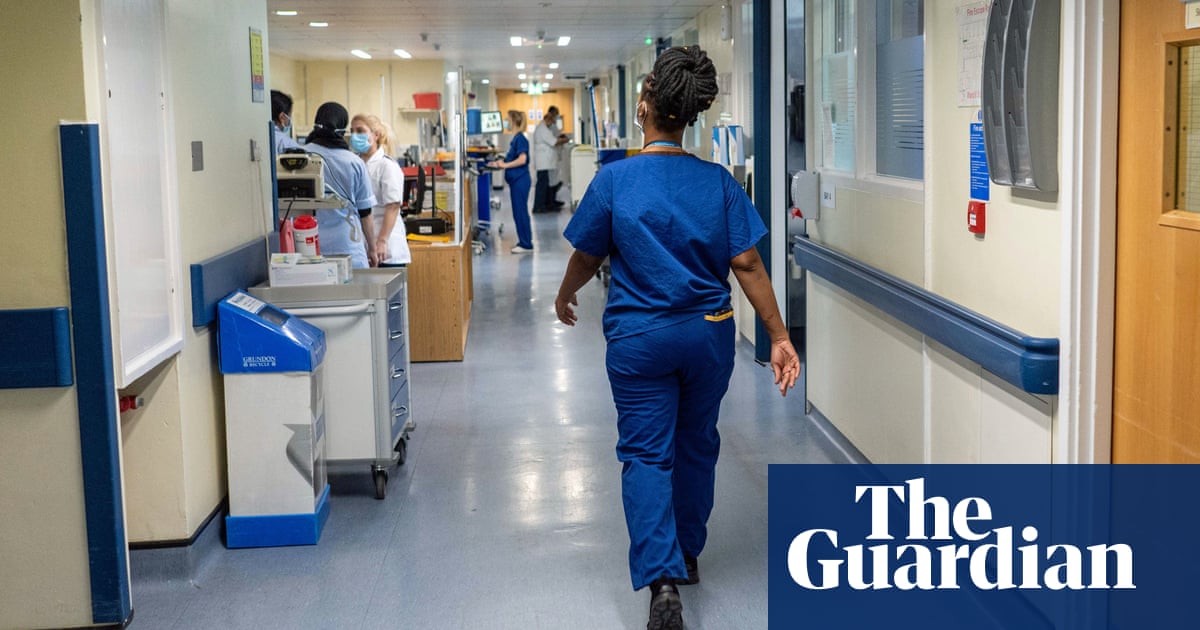
Firefighter, disability and Grenfell groups have criticised the existence of a “dangerous postcode lottery” as data revealed an “inconsistent rollout” of emergency evacuation plans for vulnerable people across London.
The Guardian submitted freedom of information requests to all London councils on how many personalised emergency evacuation plans (Peeps) had been issued to local people since 2017. Of the 33 London councils, 29 responded to the request.
The data found five London councils, Hounslow, Islington, Lewisham, Hackney and Tower Hamlets, had not issued any Peeps. About 18 councils had provided Peeps. Of those, Lambeth had issued the most since 2017 (2,529) and Wandsworth the least (35, many of which are no longer in place).
The general secretary of the Fire Brigades Union, Matt Wrack, said: “The Conservatives failed to act, obstructing plans in the interests of landlords and big business. This lack of regulation has created a dangerous postcode lottery.
“To prevent future tragedies, the Labour government must start moving forwards with the evacuation regulations and guidance needed to protect disabled people’s lives.”
Islington, Lewisham, Hackney and Tower Hamlets councils said they recorded information on individuals with vulnerabilities and shared this with the emergency services and in an on-site information box, with the councils offering people a person-centred fire risk assessment.
Yvette Williams, the head of the campaign group Justice4Grenfell, said the findings were “not only a serious oversight but should be considered a discriminatory practice that endangers lives”.
The final report into the Grenfell Tower disaster in 2017, when 72 people died after a fire engulfed a tower block in west London, will be published on Wednesday and will examine how the building came to be in a state where the fire could spread so rapidly.
The first report into the fire, published in October 2019, found 41% of the tower’s disabled or vulnerable residents died in the fire. The report advised the government to make it a legal requirement for landlords to provide disabled or vulnerable people living in high-rise buildings with Peeps.
The then Conservative government refused to implement the recommendation in 2022, claiming Peeps were not safe, practical or proportionate.
The head of policy at Disability Rights UK, Fazilet Hadi, said the findings from councils in London were “extremely disappointing”.
“There is nothing stopping social landlords from making Peeps a part of their everyday business. The fact that government guidance hasn’t been published should not be used as an excuse for inaction,” she said.
Adam Gabsi, a co-chair of Inclusion London, a charity supporting deaf and disabled people, said: “Peeps should not be a postcode lottery. The inconsistent rollout in London highlights why disabled people need strong leadership and for Peeps to be mandated nationally.
“Without Peeps being nationally mandated, I would question the quality of evacuation plans. What is the standard? What is required? What is the consequence for lack of delivery?”
Islington and Tower Hamlets councils said they were awaiting further instruction and guidance on Peeps from the government or building safety regulator, with a spokesperson for Tower Hamlets describing current guidance as “unclear”.
A government spokesperson said 11 out of 15 recommendations from the phase 1 report of the Grenfell Tower inquiry had been completed, with work continuing on the remaining four.
“We are clear that a tragedy like Grenfell Tower must never happen again,” the spokesperson said. “We have set out our commitment to improving building safety and will outline our position on residential personal emergency evacuation plans shortly.”












